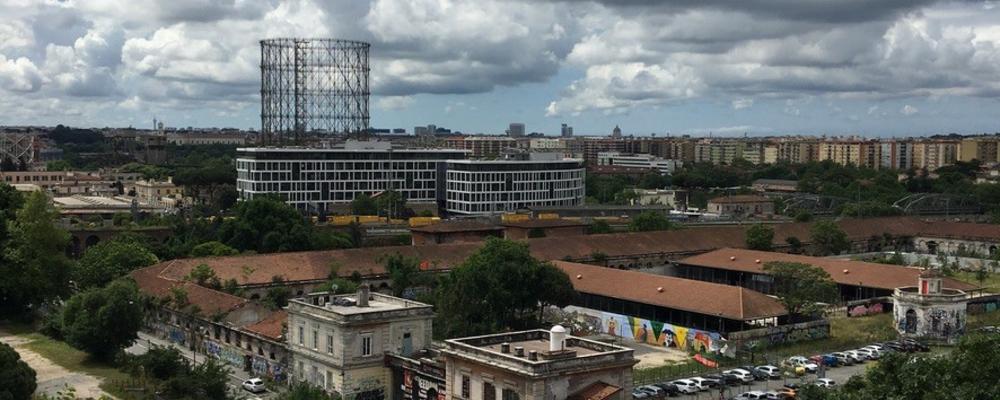
Cultural heritage and sustainable development (CULTSUS)
Research, teaching and cooperation about and for sustainable development and cultural heritage are central to the vision of the University of Gothenburg.
Cultural heritage and sustainable development
Since the foundation of the Centre for Critcal Heritage Studies (CCHS) the heritage-sustainability relations are actively explored, revealing the complex relationships between cultural heritage and the different discourses of sustainable development. The field of cultural heritage is continuously growing, involving not only practical issues such as preservation, restoration and adaptive reuse but also the broader policies of democracy, social justice and inclusion in which the critical questions of identity, memory and other uses of the past are central to the processes of decision-making. The scale of inquiry of cultural heritage expands across geographies and societies and its role is evident on the local, national, regional and global levels of political influence.
Profile area within GU
The University of Gothenburg designated Cultural Heritage and Sustainability (CULTSUS) as one of its profile areas. CULTSUS brings notions of cultural heritage into dialogue with a range of development issues, including resource management, construction, planning, education, adaptive reuse, art and design, repair, traditional crafts, food habits, entrepreneurship and business development. It is also set to research the inter-related social, cultural, political and economic aspects of the making and remaking of cultural heritage as well as the ethical issues that underscore the relations of cultural heritage to issues of injustice, exploitation and oppression.
Collaboration with the surrounding society
The interaction with the surrounding society is a core strategy for CULTSUS. At the present, CULTSUS has established collaboration with the Centre for Critical Heritage Studies, The Craft Laboratory, Centre for Tourism, Swedish Rock Art Research Archives, Gothenburg Research Infrastructure in Digital Humanities. Inspired by the Heritage Academy of the CCHS, which during the past 10 years of collaboration with a wide range of actors from the voluntary, public and private sectors has grown as a creative platform for dialogue and collaboration, CULTSUS seeks to build local and international platforms for dialogues with: development organisations, public agencies, civil society organisations and research centers that work with questions pertain to heritage and sustainable development.

Comment to the photo above
How we use and develop the city is a key issue from a sustainability and climate perspective. Here, nature and culture converge, the formal with the informal, change with conservation. In this picture we see older industrial buildings partly converted into cultural activities, official and partly occupied. It is a place for alternative and planned cultural activities, food markets and institutions. Ostiense has been a central part of Rome's development planning ever since the 1990s. The Tiber, which can be sensed in the background, constitutes a fundamental natural and cultural resource that flows through Rome, where planning is carried out through so-called "river contracts" in a collaboration between non-profit forces, the municipality and landowners.
Participants
CULTSUS was developed by CCHS colleagues, namely Astrid von Rosen, Ola Wetterberg, Christian Isendahl and Feras Hammami, through collaboration with researchers from a large number of departments, research centers and research infrastructures associated with six of the GU’s faculties. You can find out more about the ideas and participants within CULTSUS see pdf on the right.
If you want to know more, please contact one of the following faculty representatives.
Faculty of Humanities: Andrea Castro
Faculty of Science: Feras Hammami
Faculty of Social Sciences: Annelie Sjölander Lindqvist
Faculty of Education: Christel Larsson
School of Economics: Ola Olsson
Faculty of Arts: Gertrud Olsson
IT: Jan Canbäck Ljunggren
UB: Anna Sjödahl Hayman
